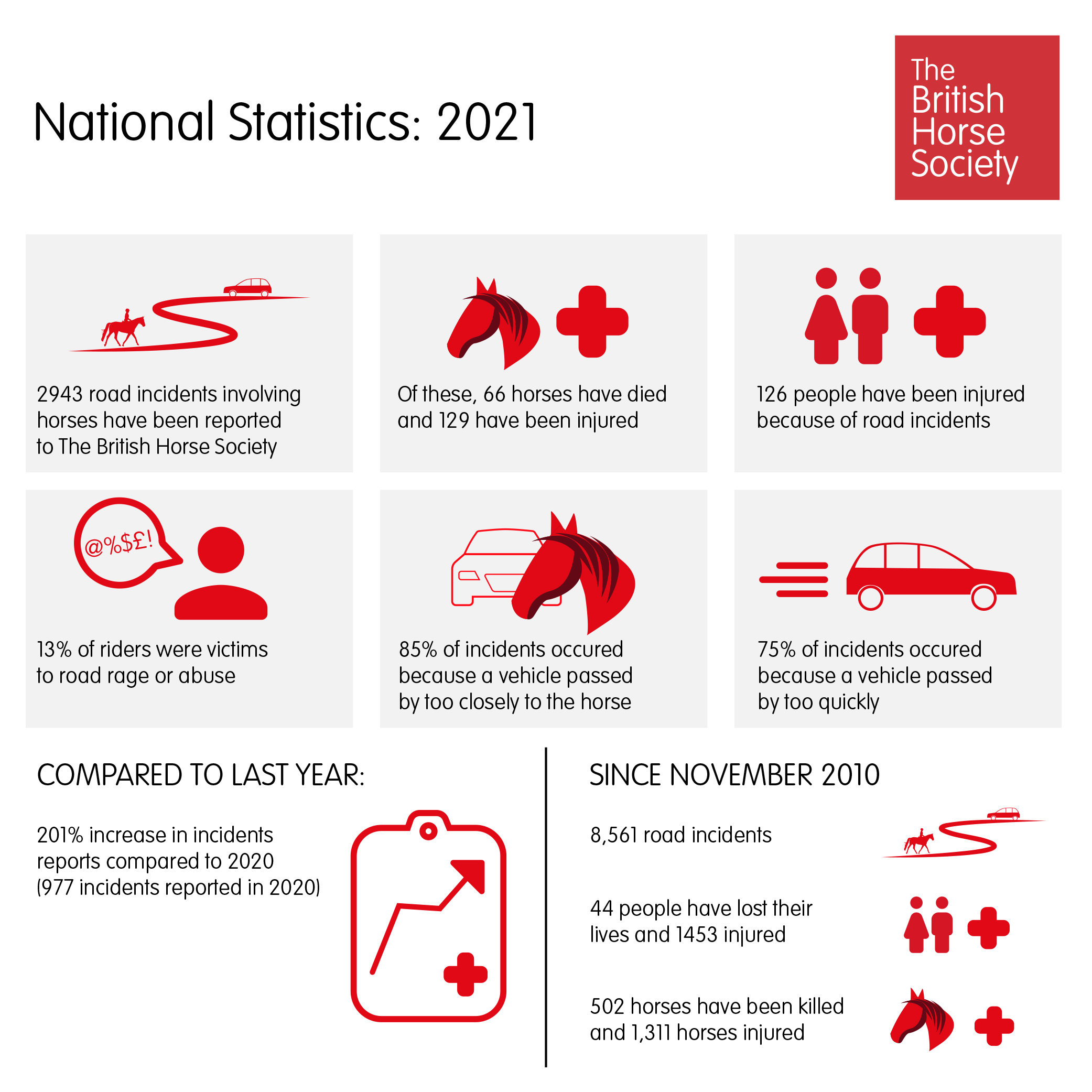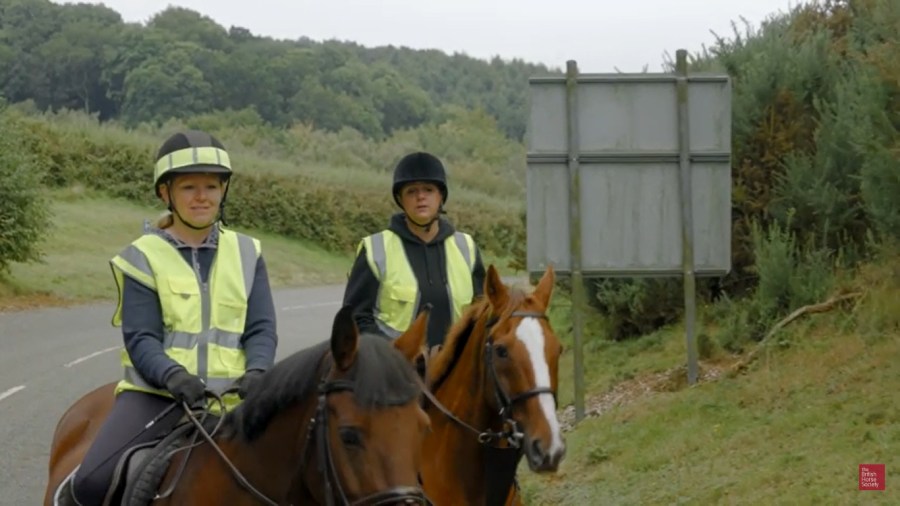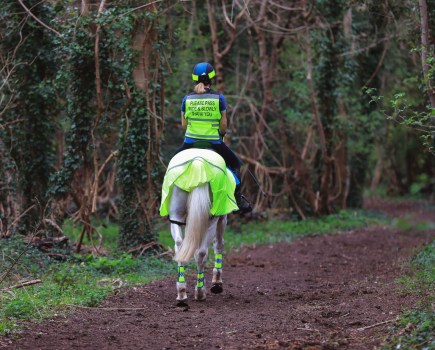A series of videos have been released to help humanise riders, and allow other road users to understand that they could be someone’s son, daughter, partner, neighbour or work colleague. The ‘Look Out for Laura’ campaign by the British Horse Society (BHS) is an extension of the ‘Dead Slow’ campaign which the charity launched in response to the alarming number of incidents between riders and vehicles on the roads.
The videos encourage drivers to think about how they look at, and empathise with, riders when they’re out on the road. The videos tell the story of two equestrians who rely on riding as a way to de-stress from their hectic, working lives.
This campaign has been informed by research from Nottingham Trent University, in collaboration with the BHS and Cycling UK, with funding from The Road Safety Trust, who are dedicated to achieving zero deaths and serious injuries on UK roads. It demonstrates that respondents who were exposed to safety videos which adopted a humanised approach significantly improved how they passed vulnerable road users, giving a greater passing distance and slowing down their speed.
“The number of incidents involving horses on Britain’s roads remain far too high,” said Alan Hiscox, Director of Safety at The British Horse Society. “It is, therefore, vital that we continue to urge drivers to be more considerate when passing horses and aware of how to do this safely.
“Through our own research we have been able to demonstrate that the ‘Look Out for Laura’ campaign has been successful in changing attitudes towards horse riders, with nearly 40% of respondents stating that the videos have changed their opinion of vulnerable road users.
“We continue to work hard to change people’s perceptions of horse riders and to educate more riders about the people underneath the riding hats. It’s an essential message that will help to reduce the significant number of horses being killed on Britain’s roads.”

Researchers at Nottingham Trent University were tasked with evaluating the impact of the videos on drivers’ attitudes. Professor Crundall a Professor of Psychology at Nottingham Trent University reported: “Our analyses have demonstrated that these videos improve both drivers’ attitudes towards horses, and their future intended passing behaviours, when compared to a control group.”
Duncan Dollimore, Head of Campaigns at Cycling UK added: “Someone cycling or riding a horse isn’t just a different type of road user, they’re someone’s son, daughter, partner, neighbour or work colleague.
“This research shows that humanising horse riders and cyclists is a far more effective approach, and it’s crucial that future road safety campaigns reflect this to enhance empathy and understanding of anyone travelling from A to B in a different way.”
The BHS encourages all riders to report their incidents to the charity, at horseincidents.org.uk or through its app Horse i. The more incidents that are reported, the more the BHS can do to protect the rights of horse riders on the Britain’s roads.









